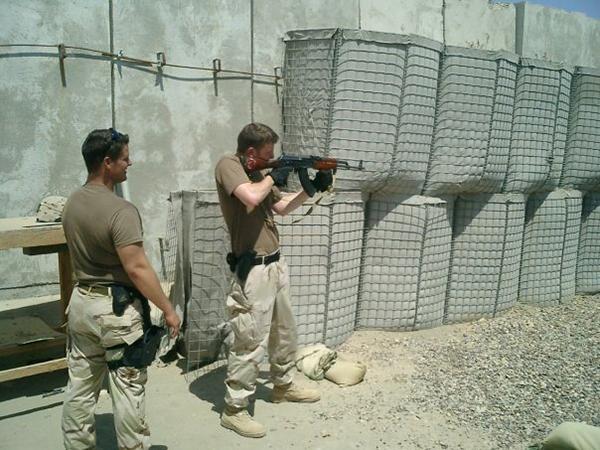State Senate bill in progress for easier veteran transfers

Vet firing rifle:Matthew Ceccato, senior international communications major, fires an AKM assault rifle while on duty in Iraq.:Courtesy Photo
April 13, 2011

Vet firing rifle:Matthew Ceccato, senior international communications major, fires an AKM assault rifle while on duty in Iraq.:Courtesy Photo
April 13, 2011
Your donation will support the student journalists of Sacramento State University. Your contribution will allow us to purchase equipment and cover our annual website hosting costs.